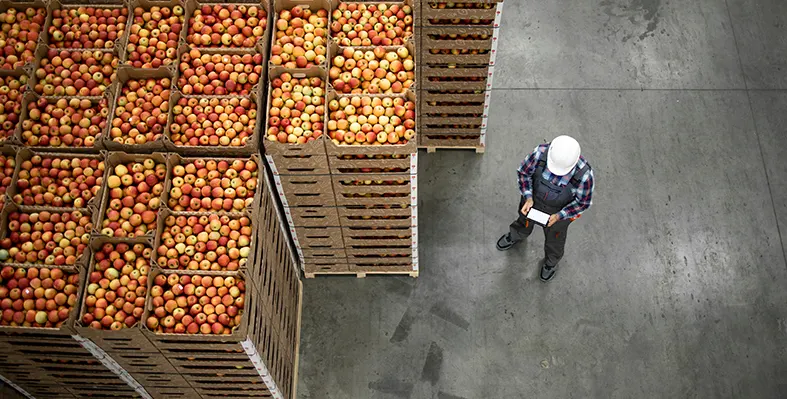
South Africa is keen to diversify export markets
The tense geopolitical situation in parts of the world has unsettled confidence across the industry in South Africa and underlined the need to diversify markets, according to the latest Agbiz/IDC Agribusiness Confidence Index (ACI)
After a notable uptick in Q1 2025, the ACI fell by 5 points in Q2 2025 to 65.
Most respondents pointed to the uncertain global trade environment, lingering geopolitical tensions and the domestic animal disease challenge as some of the key factors constraining the sector.
"The dominance of geopolitical concerns amongst respondents’ views illustrates South Africa’s agricultural sector’s strong dependence on export markets and the need to work to diversify markets,” said Wandile Sihlobo, chief economist of the Agricultural Business Chamber of SA (Agbiz).
“China, India, Saudi Arabia, and Egypt are among the key markets we should expand into,” Sihlobo added.
“Still, as we drive the diversification, we must work vigorously to retain the access we have in various markets in the EU, UK, Africa, Asia, Middle East and Americas, amongst others."
Despite the slight decline, the current level of the ACI implies that South African agribusinesses still remain optimistic about business conditions in the country.
The better summer rains and improvements at the ports which have enabled exports with minimal interruptions, are some of the positives.
The latest survey was conducted in the second week of June, covering various agribusinesses operating in all agricultural sub-sectors across South Africa.
In essence, Sihlobo noted, the ACI results for Q2 2025 illustrate that the mood in the sector remains upbeat about the recovery this year, though this will likely be uneven as some key sub-sectors struggle with animal disease.
As well as expanding and diversifying export markets, Sihlobo also said there was more work to be done in terms of collaboration between industry participants, including businesses and the government.
"Also important is the collaborative efforts between business and government on addressing the biosecurity issues in South Africa's agriculture, along with pushing for more efficient network industries, better management of the municipalities, and the implementation of the Agriculture and Agro-processing Master Plan, which is key for the long term growth of the sector.”










